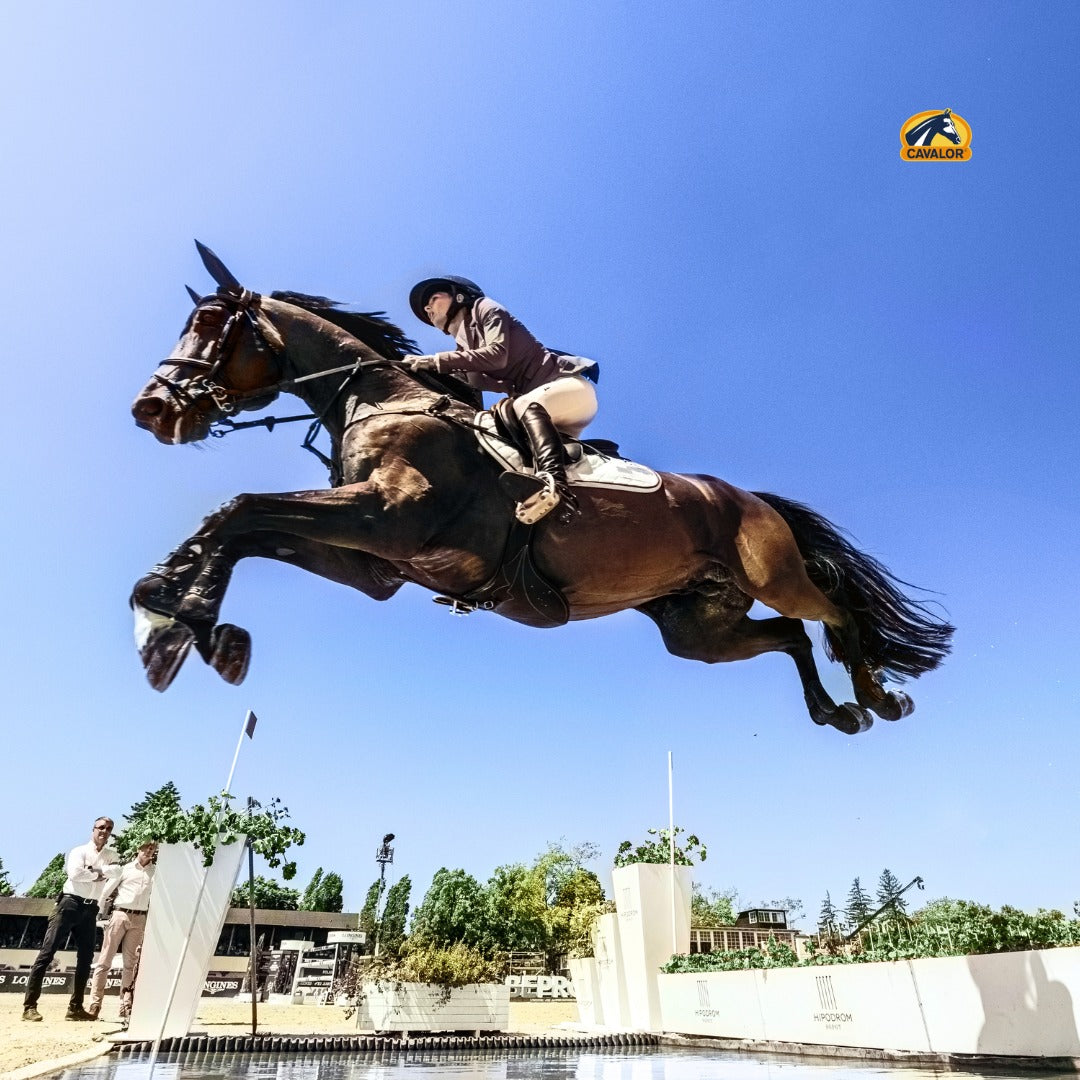Looking for more information?
Ask us on Live Chat or drop us a question using the form below.

Cavalor PasSand contains psyllium, inert oils, and probiotics. Psyllium is traditionally used to prevent and treat impaction colics caused by sand. Psyllium contains mucilage and absorbs a great deal of water (it can swell up to 5 times in volume), creating a sticky mush in the horse’s intestines and helping to remove sand. Psyllium is also beneficial to gut flora.
Inert oils are not absorbed by the cells or tissue. They act as lubricants, making sand and faeces smoother and easier to eliminate. Research has shown that a combination of psyllium and inert oils eliminates sand from the gut more quickly than psyllium alone.
Cavalor PasSand also contains probiotics which help the bowel recover from damage caused by sand in the gut and bring the microflora back into balance quickly.
Preventively: 2 x 50 g per day – 10 days per month
For sand accumulation: 2 x 100 g per day maximum 10 days
Cavalor PasSand supports healthy digestion in horses that graze on sandy pastures. Cavalor PasSand helps to remove sand from the gut and repair the intestinal wall.
When horses graze on pastures with very short or little grass, they may end up digesting a lot of soil and sand. As long as this sand passes through the gut, it will pose no problem.
However, too much sand may accumulate, especially in the lower sections and bends of the intestines. This layer of sand reduces absorption capacity in the intestine as well as the absorption of nutrients and fluids.
It also effects the intestinal mucous wall, leading to emaciation, debilitation, and decreased appetite. In large quantities, sand can lead to serious disturbances in the digestive system. The presence of sand in your horse’s gut can be difficult to determine, but you can see if your horse is eating a lot of sand by doing a faecal sand test. Put a few faecal balls in a plastic bag, squeeze them flat, and add some water. After an hour, any sand present will have settled to the bottom of the bag, where you will be able to see it clearly.
Ask us on Live Chat or drop us a question using the form below.








